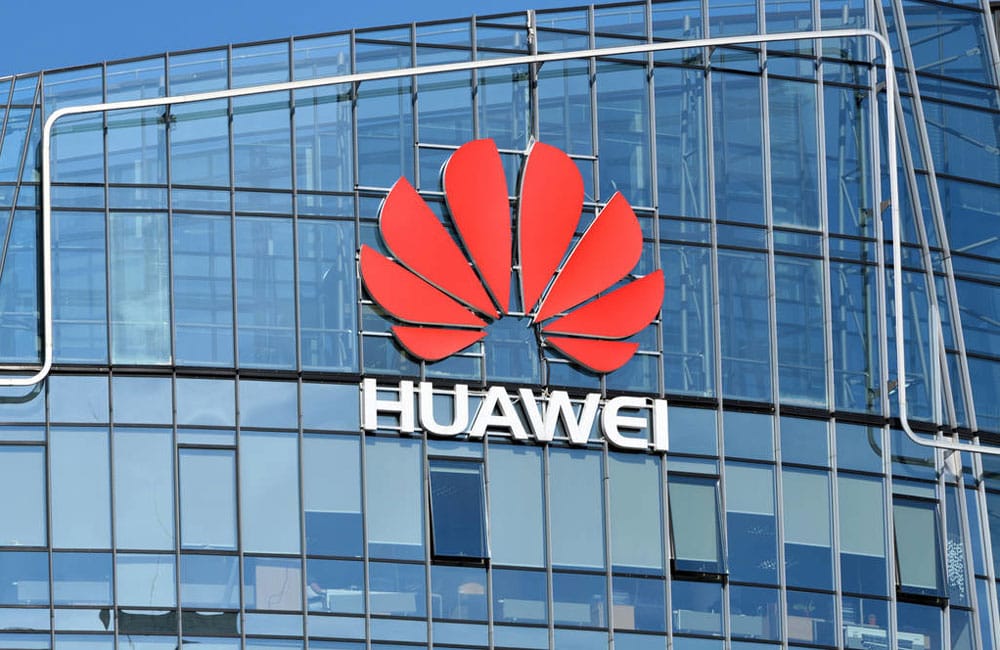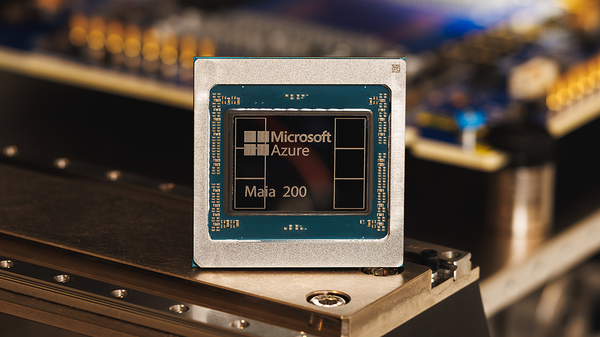Huawei Pushes Ascend AI Chips into Middle East and Southeast Asia
The company has approached prospective buyers in the UAE, Saudi Arabia, Thailand, and Malaysia.

China’s Huawei Technologies has initiated efforts to export its Ascend 910B AI chips to markets in the Middle East and Southeast Asia, aiming to challenge U.S. leader Nvidia, according to reports.
The company has approached prospective buyers in the United Arab Emirates (UAE), Saudi Arabia, Thailand, and Malaysia, offering chips in modest batches—although no deals have yet been finalised.
Huawei’s push includes promoting remote access to its advanced CloudMatrix 384 AI system, though global export remains constrained by supply shortages.
So far, the UAE has shown little interest, and Thailand negotiations remain uncertain. Beijing’s strategy appears to focus on expanding its AI chip presence internationally, positioning itself as a competitor amid a rapidly growing global demand for artificial intelligence compute power.
The global AI chip market remains dominated by Nvidia, which has secured significant deals in both regions. Geopolitical factors, including U.S. export controls, continue to influence Huawei’s overseas sales strategy.
In April, it was reported that DeepSeek, the company that sent Silicon Valley into a meltdown with its open-source Large Language Model (LLM), is training its next model—R2—using Huawei Ascend 910B chips.
Huawei Technologies is preparing to start mass shipments of its new 910C AI chip to Chinese clients as early as next month. Some initial deliveries have already taken place.
The move comes at a critical time for Chinese AI firms, which are seeking alternatives to NVIDIA’s H20 chip.
Earlier this year, the U.S. government tightened export restrictions, requiring a license for H20 sales to China, further limiting access to advanced American AI hardware.




